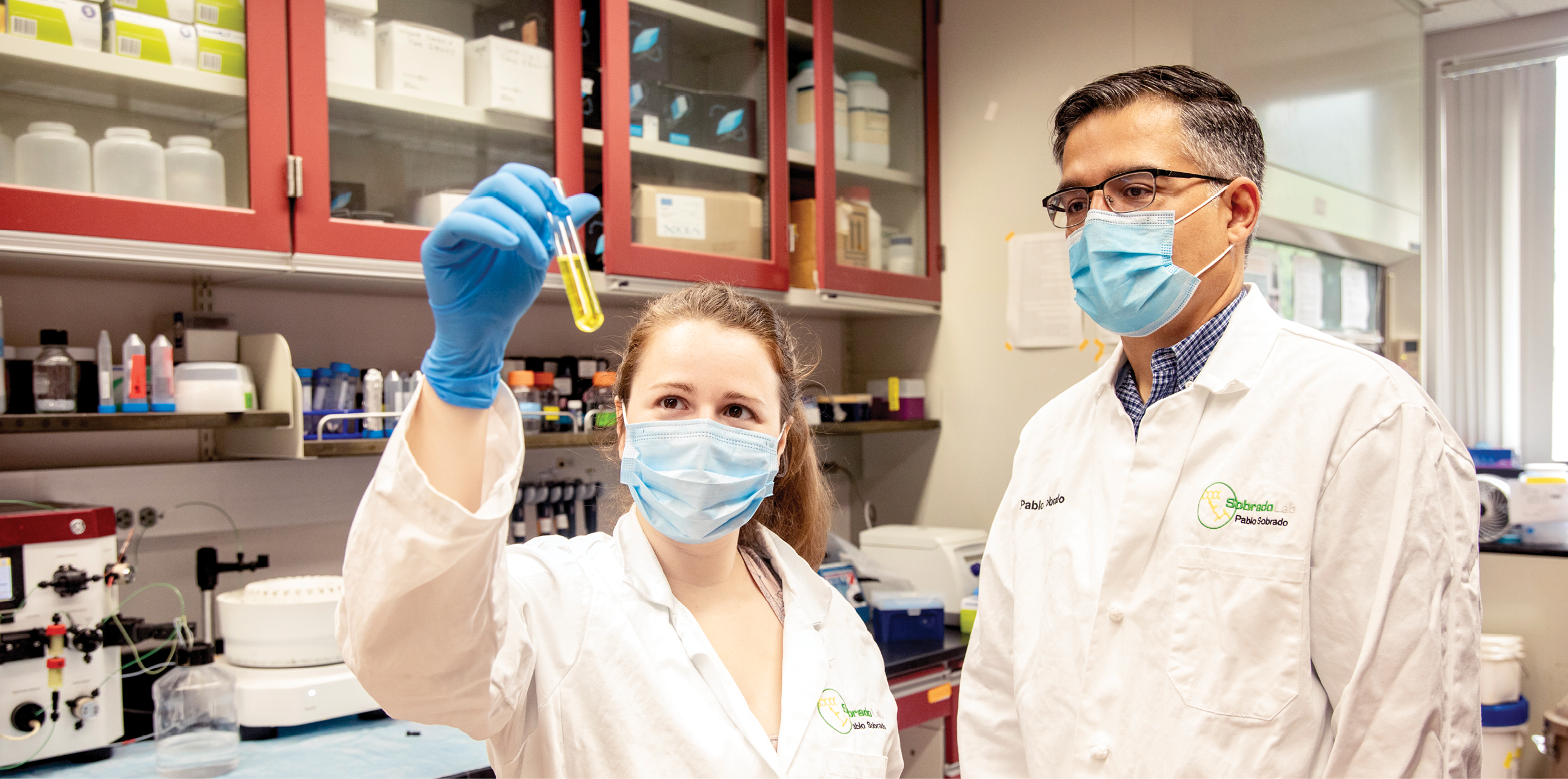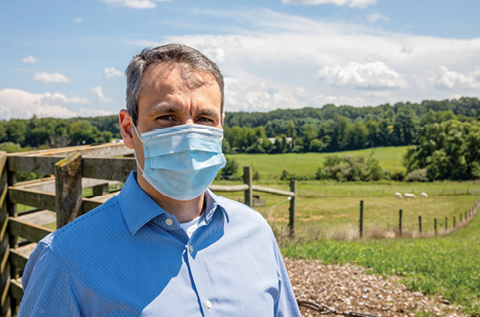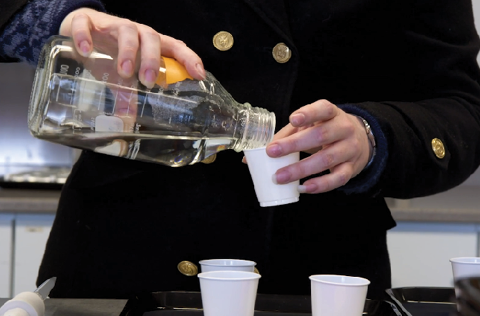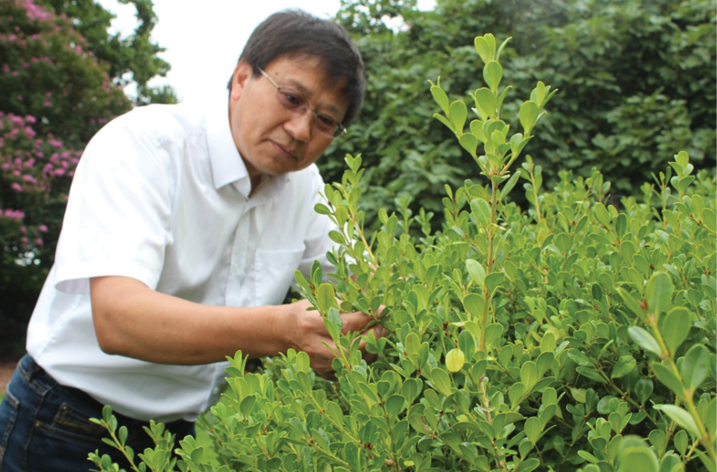


Predicting cattle infertility through machine learning
Fernando Biase, an assistant professor in the Department of Animal and Poultry Sciences, is working on a method to effectively identify which heifers will be able to successfully reproduce, saving farmers resources, time, and money. They are using big data and cutting-edge analytics to find genetic markers in heifers that have become pregnant — and ones that haven’t — as the backbone of their research that is driven by machine-learning algorithms.
Read more at VT News →
Researchers discover that mouth bacterium may cause colon cancer to spread
A diverse array of bacteria lives in the human mouth as part of a vital ecosystem known as the oral microbiome. A team of researchers led by Daniel Slade, assistant professor of biochemistry, have discovered that one of these common bacteria can leave the mouth and potentially cause existing cancer cells in other parts of the body to spread.
Read more at VT News →

Fluent in flavor: Using machine learning to build a flavor language for whiskey
A research project by Department of Food Science and Technology researchers Jacob Lahne and Leah Hamilton received a grant to work toward standardizing the language that’s used to describe whiskey.
The team is applying natural language processing, a subfield of linguistics, computer science, information engineering, and artificial intelligence that involves programming computers to process and analyze large amounts of the words that describe whiskey. The goal of the project is to find common words that match flavors, allowing consumers to know exactly what their whiskey will taste like. A SEAD Major Grant from The Institute of Creativity, Arts, and Technology was awarded to distill the language.
Read more at VT News →

Specialty Crop Research Initiative grants push industry forward
Virginia Tech was involved in more than $11.6 million grants from USDA NIFA, headlined by Chuanxue Hong, project director and a professor of plant pathology at the Hampton Roads Agricultural Research and Extension Center, who received $4 million to improve boxwood blight prevention. Others who were awarded grants are going to be studying precision production of apples, vineyard management, and plant pathogens.
Read more at VT News →
Discovery could lead to more potent garlic, boosting flavor and bad breath
A team of Virginia Tech researchers, led by Ph.D. candidate Hannah Valentino and professor of biochemistry Pablo Sobrado, recently discovered a new step in the metabolic process that produces the enzyme allicin. The enzyme leads to garlic’s delectable flavor and aroma, and upends decades of previous scientific belief. Their work could boost the malodorous — yet delicious — characteristics that garlic-lovers the world over savor.
Read more at VT News →